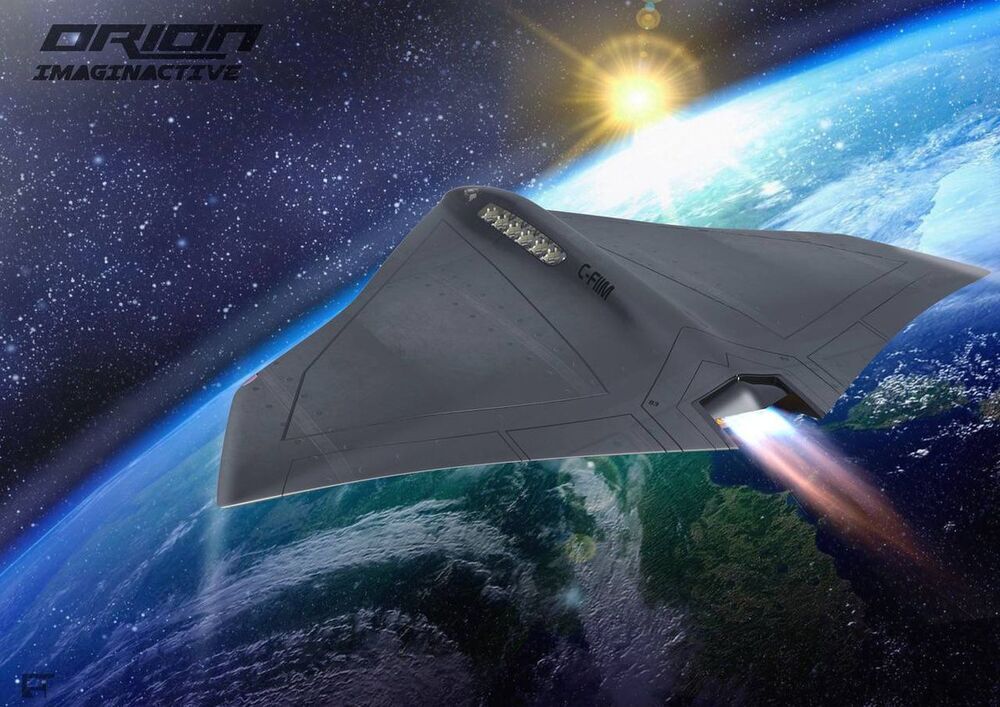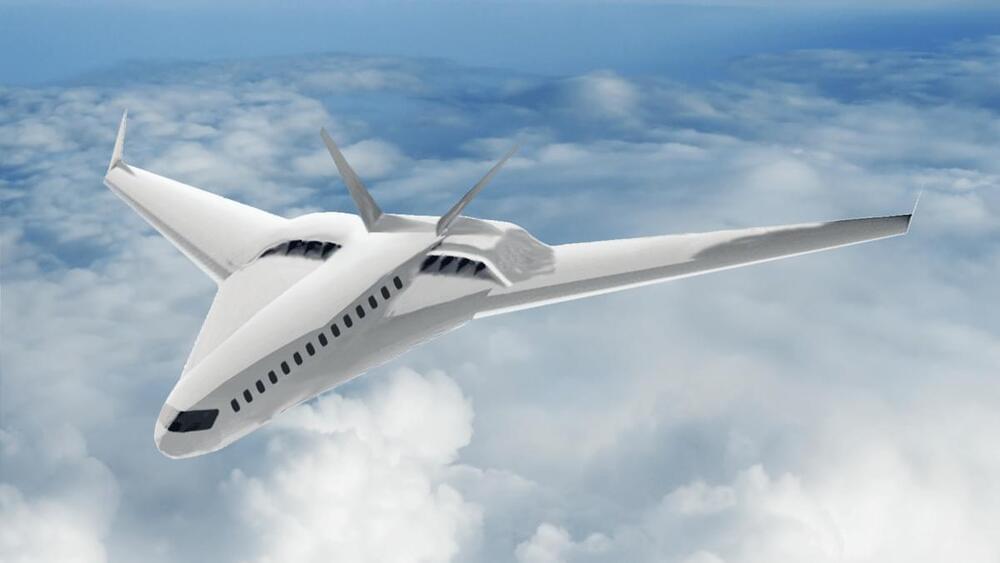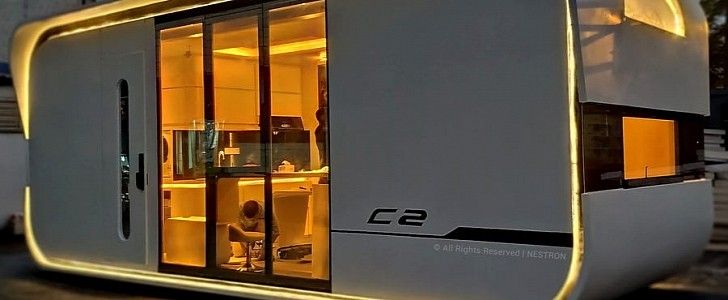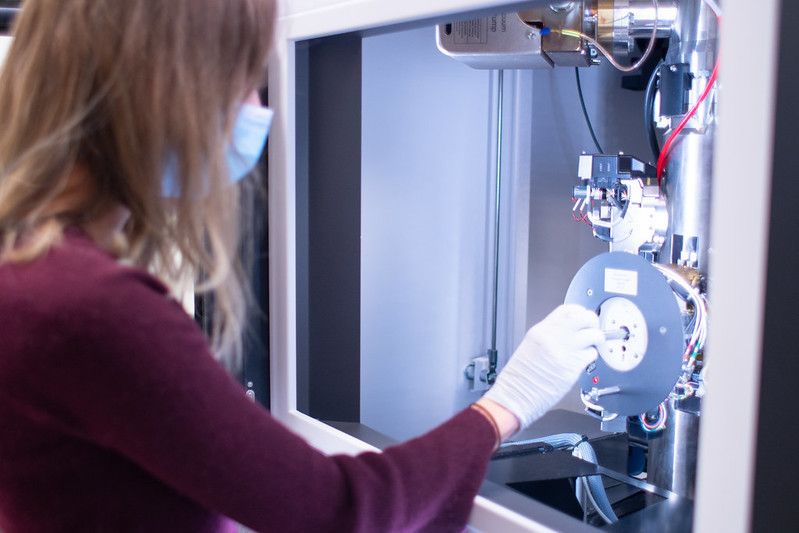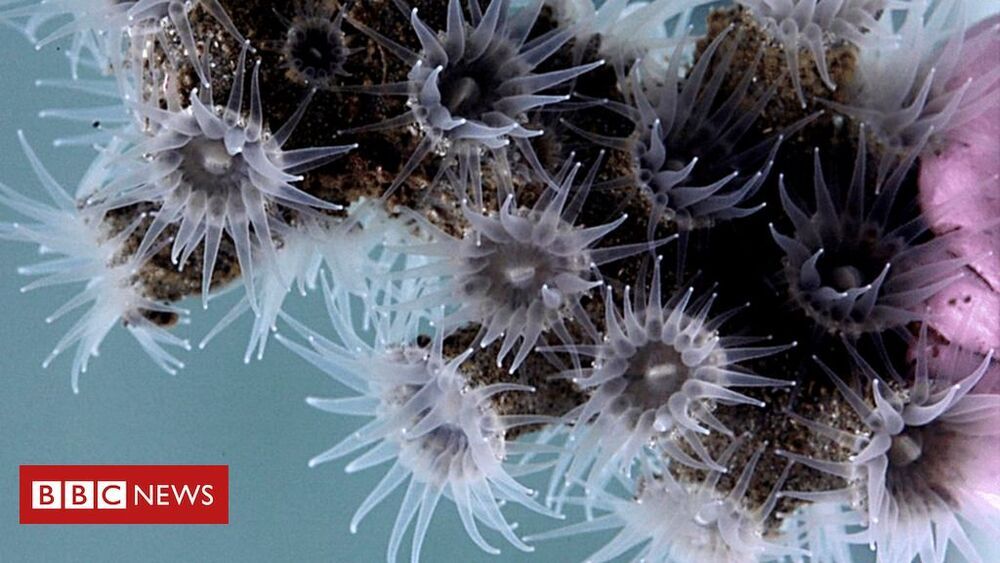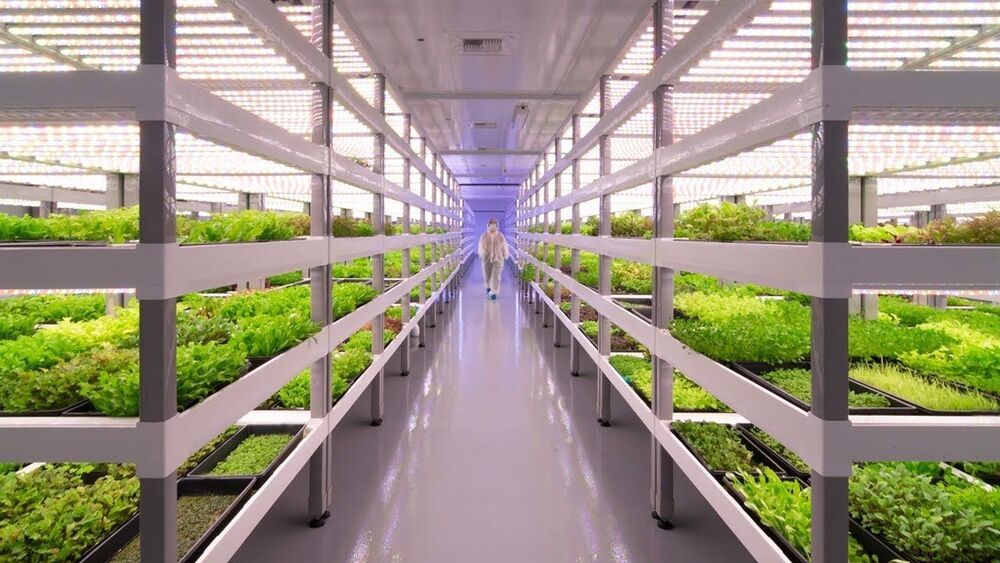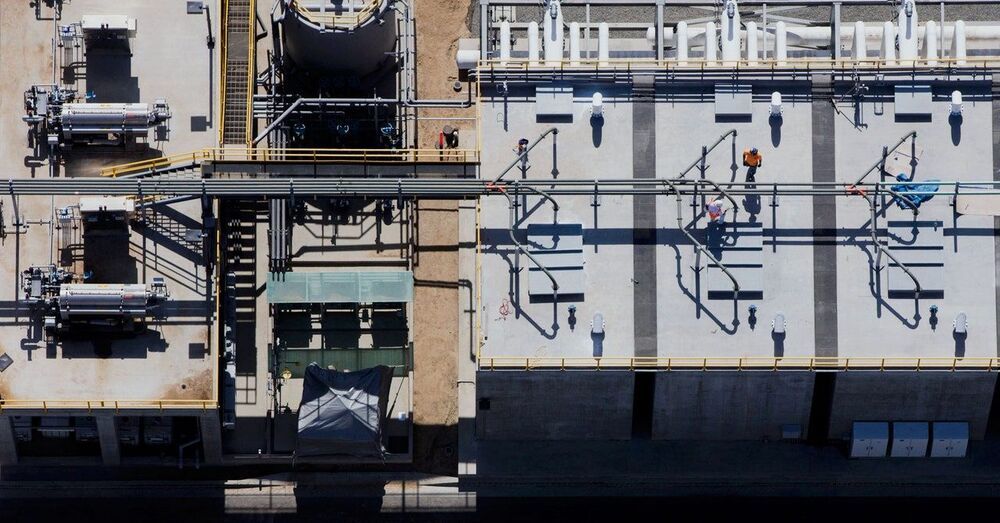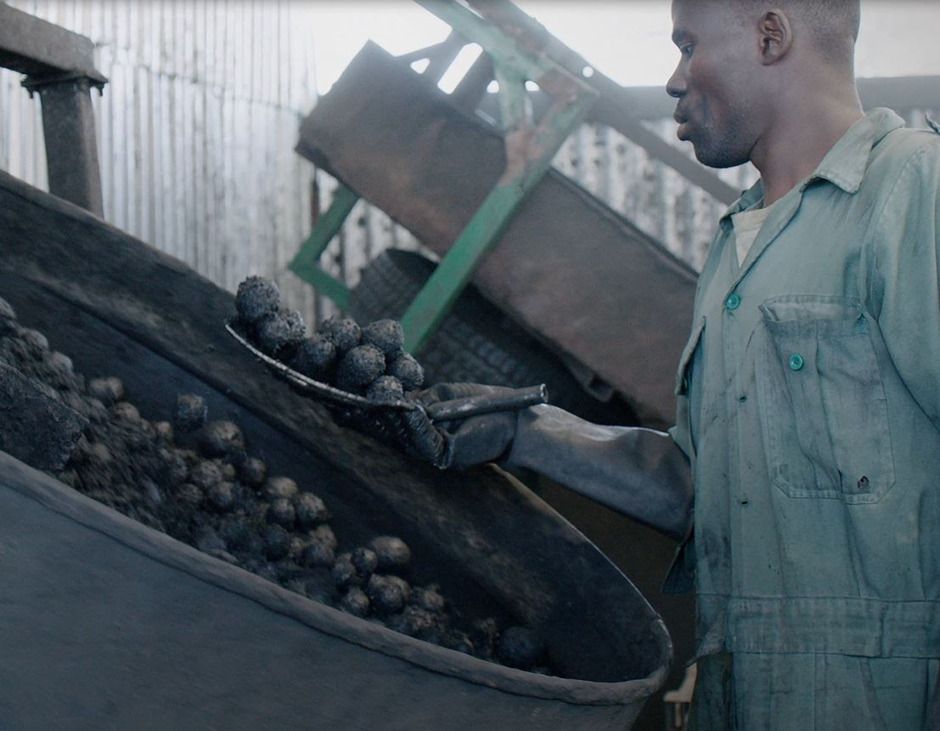Jan 3, 2021
The Orion: an aircraft that could take people to the edge of space
Posted by Quinn Sena in categories: space, sustainability
The Orion is a sub-orbital electric aircraft equipped with an air-breathing magneto-plasma jet propulsion engine that could go from the tarmac to an altitude of 24000 metres and cruise at about 800 km/h.
It would bring passengers to the edge of black space with stunning views from its ultra-wide panoramic windows. Its new plasma pulse detonation engine could become the standard of this nascent industry.
It’s obvious that sub-orbital jets will become in demand as Earth’s population and wealth continues to rise. There’s already a lot of demand for jets capable of reaching this kind of altitude, but one major barrier has been the engine’s performance and overall costs. The Orion concept is all about introducing a new type of propulsion (plasma jet) and seeing how it could benefit various industries.
